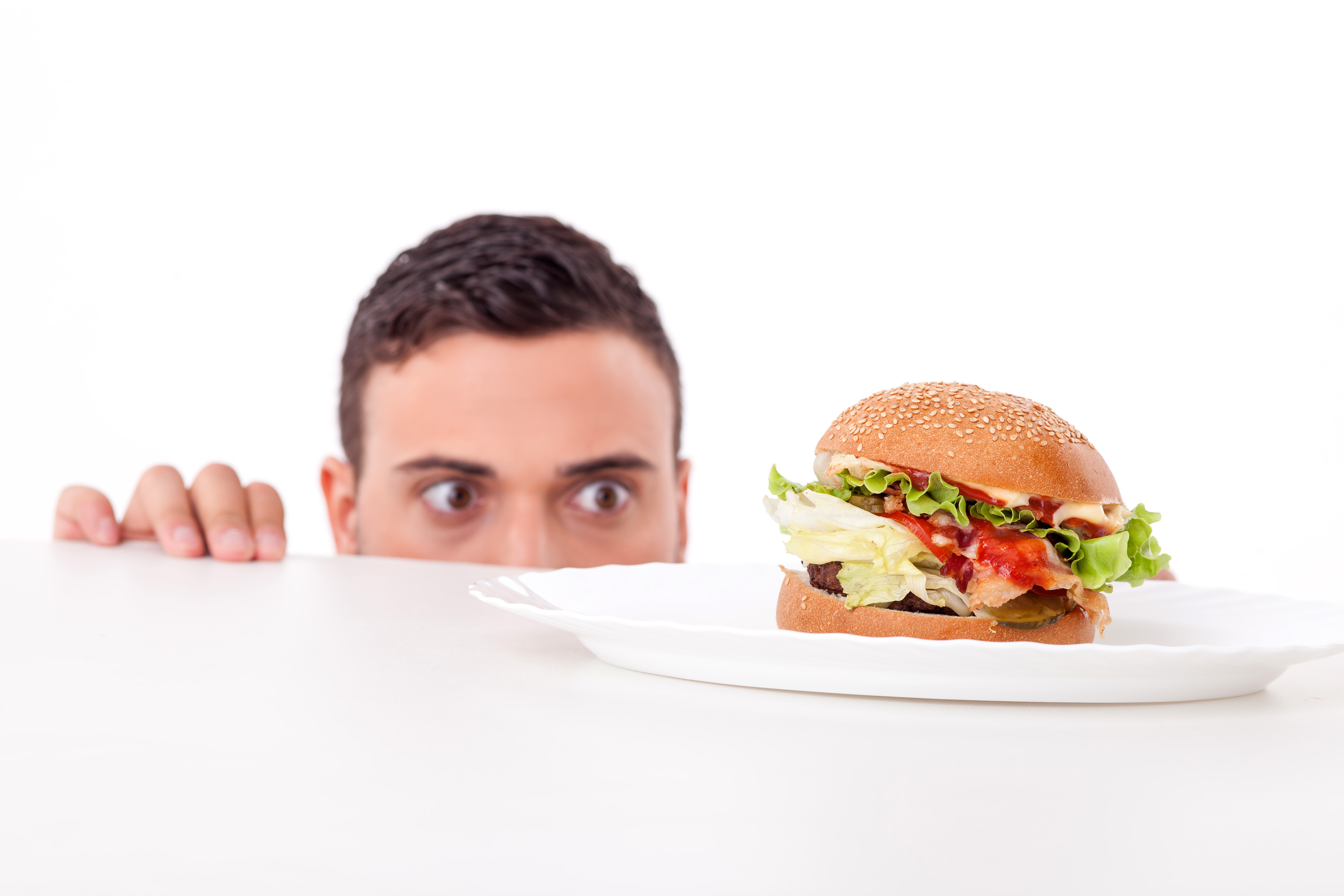Did you know that over 8 million Americans suffer from an eating disorder?
While we might first think of conditions like anorexia or bulimia, eating addiction is another common disorder. Considering that 66% of adults and 30% of children are overweight or obese, overeating is a chronic problem in our society.
If you’re struggling with eating addiction–or you know someone who is–what are the options? Addiction treatment may sound overwhelming (or expensive), but it doesn’t have to be.
In this post, we’ll outline four affordable options for food addiction treatment. Read on to learn more.
Table of Contents
1. Identify Your Triggers
The first step to overcoming any addiction is admitting you have a problem. Before you seek any food addiction treatment, it’s good to make an honest self-assessment.
Can you find a pattern to your overeating? Do you eat when you’re tired, stressed, bored, or emotional? Do you find it impossible to drive past a certain restaurant without stopping in?
Make a list of your trigger foods and circumstances that stimulate your desire to overindulge. An intervention workbook can help you to focus and get a clearer idea of your long-term goals.
2. 12-Step Programs
Many people seeking food addiction treatment begin with a 12-step program.
The most common 12-step programs for eating addiction are:
- Overeaters Anonymous
- Food Addicts Anonymous
- Food Addicts in Recovery Anonymous
- Greysheeters Anonymous
Similar in format to Alcoholics Anonymous (AA), these programs are designed for those with an eating addiction. You’ll attend meetings with others who share your struggle and you’ll get a sponsor who will help you form healthier eating habits.
Best of all? These programs are completely free!
Similar commercial treatment programs are around that–while not free–may provide extra support when you need it most. ACORN is one option that many have found success with.
3. Cognitive Behavioral Therapy (CBT)
If you feel your eating disorder is caused by emotional or psychological factors, CBT might be worth exploring.
Studies show that it can be very effective in addressing different eating disorders.
Ask for a referral to a psychologist that has experience with food addiction or similar conditions. You might also benefit from a visit to a nutritionist who can help you better understand your condition and how to overcome it.
4. Medical Intervention
What if a 12-step program or speaking with a psychologist isn’t enough to help you break the cycle?
At that point, you may want to consider seeking medical attention for your condition. Certain anti-depressants can alter your brain chemistry and help to diminish food cravings.
If you struggle with anxiety and overeat when you’re stressed, anti-anxiety medication may help to curb that bad habit.
As a last resort, you might also look into hospital day treatment or residential treatment programs in your area. While not the cheapest option, your health insurance may cover some or all of the costs.
Final Thoughts on Food Addiction Treatment
Breaking an eating addiction can be challenging, but it is possible.
With the right food addiction treatment, you can take back control and establish healthier eating patterns.
Need some motivation to improve your diet? Check out our recent post for easy to follow tips.







